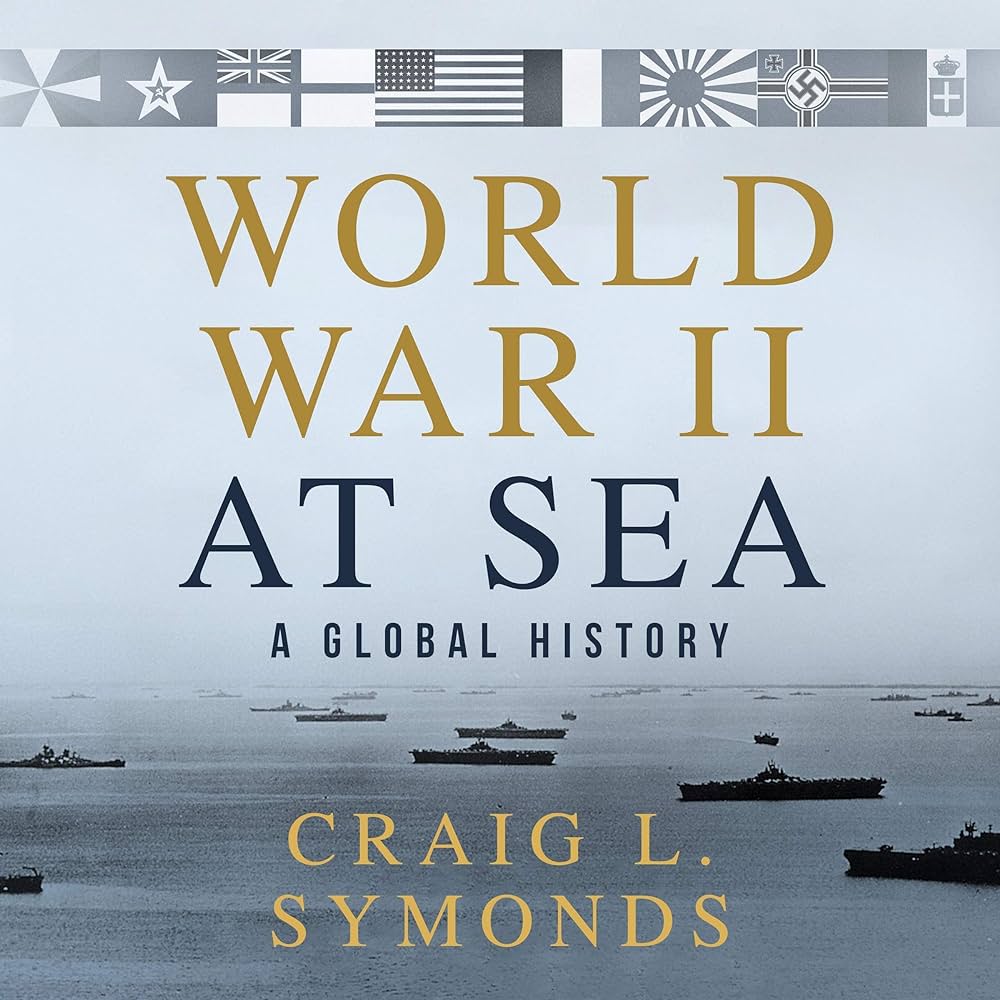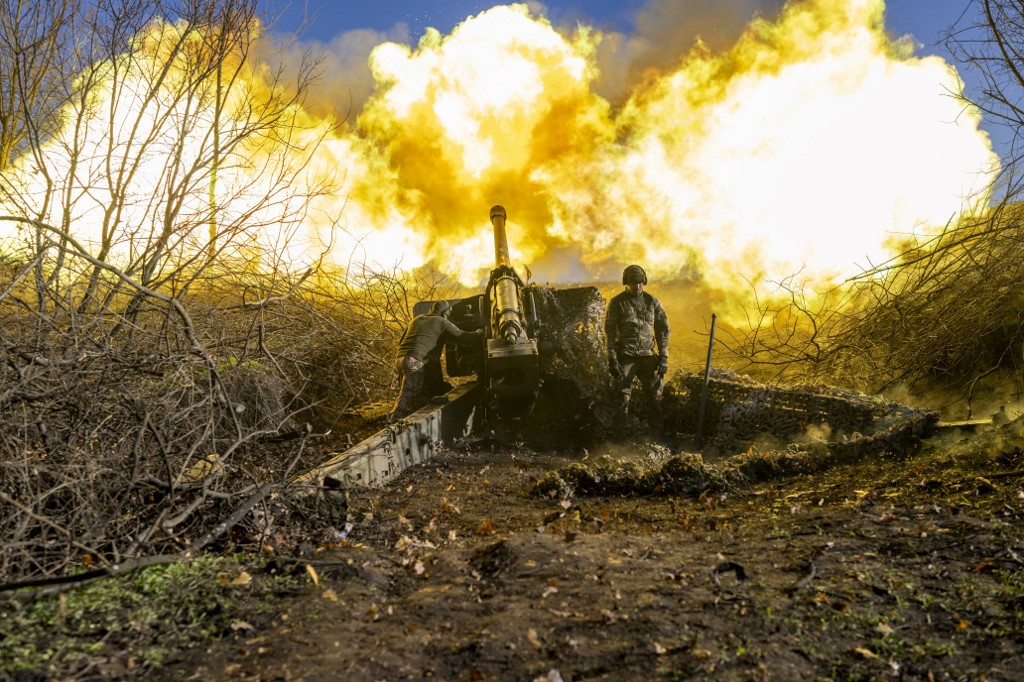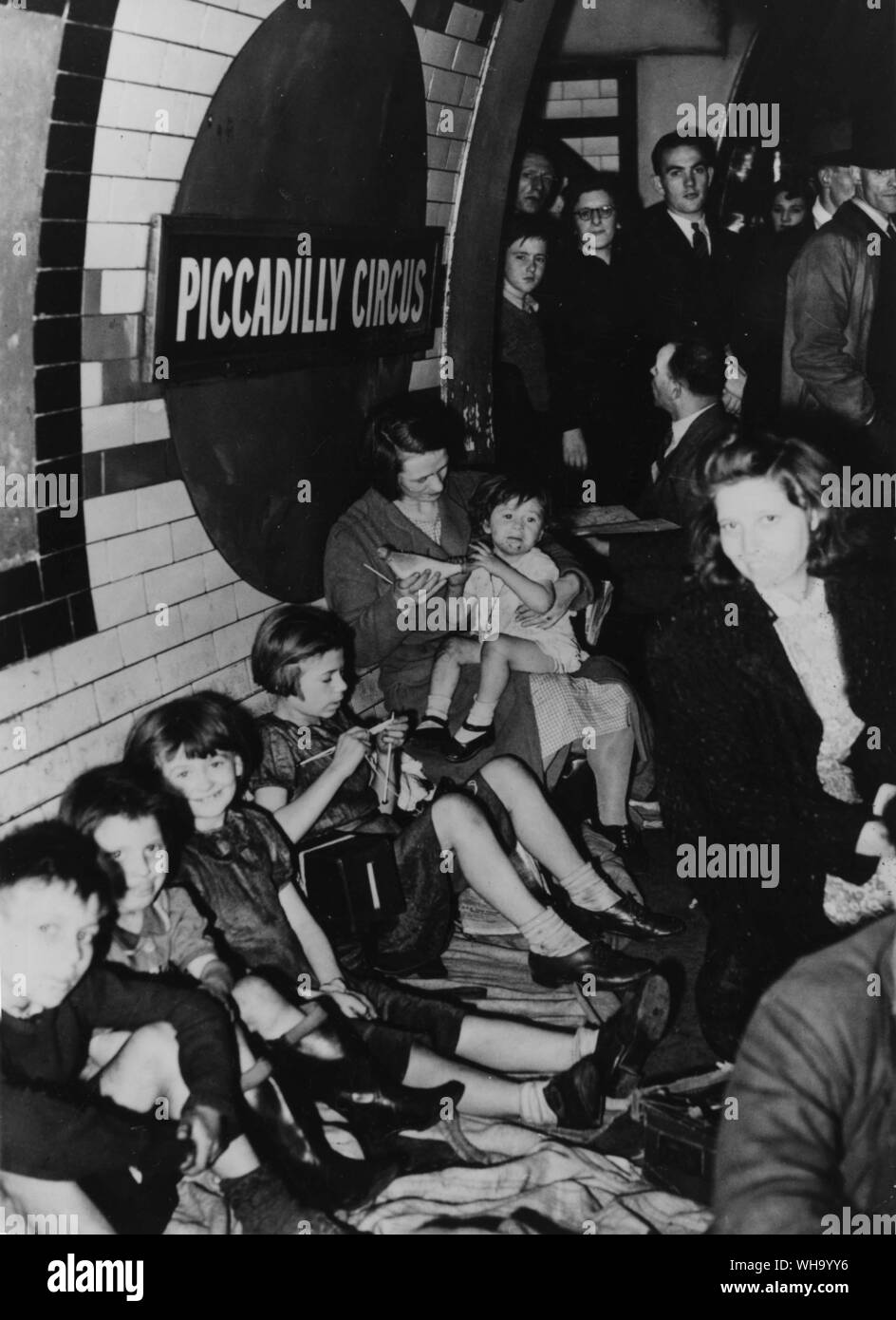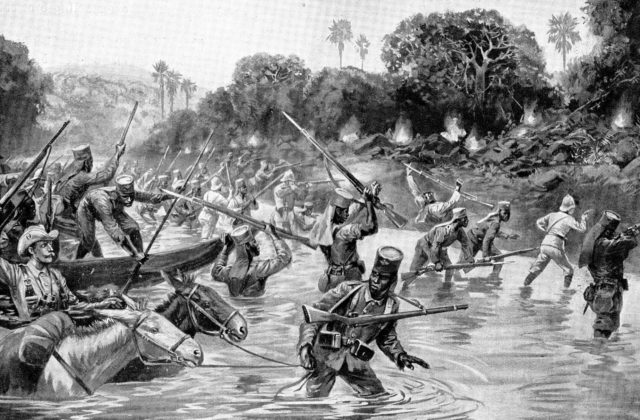What Happened In Late 19s About World War II: A Global Catastrophe and Triumph
World War II stands as one of the most catastrophic events in human history, reshaping the geopolitical landscape and leaving an indelible mark on societies worldwide. Spanning from 1939 to 1945, it was a conflict of unprecedented scale, involving the majority of the world’s nations and resulting in tens of millions of casualties. Rooted in the aftermath of World War I and fueled by unresolved political tensions, economic turmoil, and ideological extremism, World War II unfolded as a complex web of alliances, battles, and atrocities that forever altered the course of humanity.
Origins and Escalation
The seeds of World War II were sown in the aftermath of World War I, where the Treaty of Versailles imposed harsh penalties on Germany, fostering a deep sense of resentment and economic hardship within the country. The rise of Adolf Hitler and the Nazi Party in Germany, with their expansionist ambitions and racist ideology, further destabilized Europe. Hitler’s aggressive annexations of Austria and Czechoslovakia, coupled with the signing of the Molotov-Ribbentrop Pact between Germany and the Soviet Union, set the stage for conflict.
The invasion of Poland by Germany on September 1, 1939, marked the official beginning of World War II. In response, Britain and France declared war on Germany, triggering a chain of events that drew nations from around the globe into the conflict. The early years of the war witnessed rapid German advances across Europe, as they employed Blitzkrieg tactics to overwhelm opposing forces. The fall of France in 1940 and the subsequent Battle of Britain underscored the grave threat posed by the Axis powers and highlighted the need for international cooperation in confronting aggression.
Global Theater of War
World War II encompassed multiple theaters of conflict, spanning continents and oceans. In Europe, the Eastern Front witnessed brutal clashes between Nazi Germany and the Soviet Union, characterized by large-scale offensives, siege warfare, and staggering casualties. The Battle of Stalingrad, a turning point in the war, saw the Soviet Union repel the German advance, inflicting heavy losses and shifting the momentum in favor of the Allies.
In the Pacific theater, Imperial Japan embarked on a campaign of territorial expansion, seeking to establish dominance in the region. The surprise attack on Pearl Harbor on December 7, 1941, propelled the United States into the war and set the stage for a grueling island-hopping campaign across the Pacific. Battles such as Midway, Guadalcanal, and Iwo Jima demonstrated the ferocity of the fighting and the determination of both sides to prevail at any cost.
War of Ideologies
At its core, World War II was a conflict of ideologies, pitting democracy and freedom against totalitarianism and tyranny. The Axis powers, led by Germany, Italy, and Japan, espoused ideologies of racial superiority, militarism, and authoritarianism, seeking to impose their will through conquest and subjugation. In contrast, the Allied powers, including the United States, Britain, the Soviet Union, and others, championed principles of democracy, human rights, and collective security, rallying together to confront the common threat posed by fascism and imperialism.
The Holocaust, perpetrated by the Nazi regime, stands as one of the most heinous crimes in human history. Under Hitler’s rule, millions of Jews, along with other marginalized groups, were systematically murdered in a genocidal campaign of unparalleled cruelty. The liberation of Nazi concentration camps by Allied forces exposed the full extent of the horror and galvanized global efforts to seek justice and prevent such atrocities from ever occurring again.
Technological Innovation and Total Warfare
World War II witnessed unprecedented advances in military technology and tactics, transforming the nature of warfare and causing immense destruction. From the development of nuclear weapons to the widespread use of tanks, aircraft, and submarines, both sides sought to gain a decisive edge on the battlefield through innovation and ingenuity. The bombing of civilian populations, epitomized by the firebombing of cities like Dresden and Tokyo, demonstrated the brutal reality of total warfare and its devastating impact on civilian populations.
The Battle of the Atlantic, fought between Allied convoys and German U-boats, showcased the pivotal role of naval power in shaping the outcome of the war. The use of radar, sonar, and code-breaking techniques played a crucial role in countering the threat posed by enemy submarines and ensuring the safe passage of vital supplies and reinforcements.
Turning the Tide
As the war dragged on, the tide began to turn in favor of the Allies, thanks to a combination of factors including industrial production, strategic planning, and sheer determination. The Battle of El Alamein in North Africa marked a significant victory for the Allies, halting the Axis advance and paving the way for the liberation of Europe. Meanwhile, on the Eastern Front, the Soviet Union launched a series of offensives that pushed the German army back towards Germany, culminating in the pivotal Battle of Berlin and the eventual surrender of Nazi forces.
In the Pacific, the Battle of Midway dealt a crippling blow to the Japanese navy, effectively halting their expansion in the region and shifting the balance of power in favor of the Allies. The island-hopping campaign led by General Douglas MacArthur and Admiral Chester Nimitz gradually pushed Japanese forces back towards the Japanese mainland, inch by inch, in some of the bloodiest battles of the war.
The Home Front
While the battlefield served as the epicenter of the conflict, the home front played a crucial role in sustaining the war effort and ensuring eventual victory. Civilian populations on both sides endured rationing, censorship, and the constant threat of aerial bombardment, yet they displayed resilience and unity in the face of adversity. Women entered the workforce in unprecedented numbers, taking on roles traditionally held by men and contributing to the war effort in vital ways.
Propaganda played a significant role in shaping public opinion and rallying support for the war. Governments utilized posters, films, and radio broadcasts to mobilize populations, demonize the enemy, and promote patriotic fervor. Meanwhile, clandestine operations conducted by resistance movements and underground networks played a crucial role in undermining enemy occupation and gathering intelligence for the Allied cause.
Victory and Legacy
On May 8, 1945, the Allies celebrated Victory in Europe Day (VE Day) following the unconditional surrender of Nazi Germany. The defeat of fascism in Europe marked a turning point in world history and ushered in a new era of international cooperation and collective security. However, the war in the Pacific raged on until August 1945 when the United States dropped atomic bombs on the cities of Hiroshima and Nagasaki, leading to Japan’s surrender and the end of World War II.
The legacy of World War II continues to reverberate through the present day, shaping the geopolitical landscape and informing debates on issues such as human rights, nationalism, and international relations. The establishment of the United Nations, the Nuremberg Trials, and the Universal Declaration of Human Rights were all direct responses to the atrocities committed during the war, reflecting a collective commitment to preventing such horrors from ever happening again.
World War II stands as a testament to the capacity for both unparalleled destruction and remarkable resilience within the human spirit. It serves as a reminder of the enduring importance of vigilance, cooperation, and the pursuit of peace in an increasingly interconnected world. As we reflect on the lessons of the past, let us strive to honor the sacrifices of those who came before us and build a future defined not by
conflict, but by cooperation and understanding.
The Human Cost
One cannot discuss World War II without acknowledging the immense human cost it exacted. The war resulted in the deaths of an estimated 70 to 85 million people, making it the deadliest conflict in human history. Civilians bore the brunt of the suffering, with millions killed or displaced as a result of bombing raids, forced labor, and mass atrocities. Entire cities lay in ruins, and countless families were torn apart by the horrors of war.
The Holocaust, in particular, stands as a stark reminder of humanity’s capacity for evil. Six million Jews, along with millions of others deemed undesirable by the Nazi regime, were systematically murdered in a campaign of genocide. The survivors faced unspeakable trauma and loss, their lives forever scarred by the horrors they witnessed and endured. The memory of the Holocaust serves as a solemn obligation to never forget the atrocities committed in the name of hatred and intolerance.
Lessons Learned
In the aftermath of World War II, the international community grappled with the task of rebuilding a shattered world and preventing such a catastrophe from ever happening again. The United Nations was founded in 1945 with the lofty goal of maintaining international peace and security, promoting human rights, and fostering cooperation among nations. The principles enshrined in the UN Charter reflect a collective commitment to the ideals of justice, equality, and mutual respect.
The Nuremberg Trials, held between 1945 and 1949, established a precedent for holding individuals accountable for war crimes and crimes against humanity. High-ranking Nazi officials were prosecuted for their role in planning and executing the Holocaust, setting a precedent for future tribunals seeking to address mass atrocities. The trials underscored the principle that individuals, regardless of their rank or status, are responsible for their actions under international law.
The Universal Declaration of Human Rights, adopted by the United Nations General Assembly in 1948, represents a landmark achievement in the quest for global justice and dignity. The declaration affirms the inherent rights and freedoms of all individuals, regardless of race, religion, or nationality, and serves as a beacon of hope for oppressed peoples around the world. While the ideals espoused in the declaration have not always been fully realized, they continue to inspire efforts to combat injustice and inequality wherever they may arise.
Legacy and Remembrance
Seventy-five years have passed since the end of World War II, yet its legacy continues to shape the world in profound ways. The scars of war are still visible in the landscapes scarred by battle, the monuments erected in memory of the fallen, and the stories passed down through generations. Veterans who fought and sacrificed so much are honored for their service, their courage, and their resilience in the face of unimaginable hardship.
Remembrance plays a crucial role in ensuring that the lessons of World War II are not forgotten. Memorials, museums, and educational programs serve as reminders of the human cost of war and the importance of preserving peace. Through acts of remembrance, we honor the memory of those who perished, pay tribute to the sacrifices of those who served, and reaffirm our commitment to a future free from the scourge of conflict.
As we reflect on the legacy of World War II, let us not only mourn the loss and suffering it caused but also draw inspiration from the resilience and determination of those who rose to the challenge. Let us renew our commitment to the principles of peace, justice, and human dignity that emerged from the ashes of war. And let us work together to build a world where the horrors of the past remain just that – a memory – and where the promise of a brighter future shines ever more brightly.
conflict and division, but by unity, cooperation, and mutual understanding.
Reconstruction and Reconciliation
In the aftermath of World War II, the world faced the monumental task of rebuilding shattered societies, economies, and infrastructure. The Marshall Plan, initiated by the United States, provided billions of dollars in aid to help rebuild war-torn Europe, laying the groundwork for post-war recovery and prosperity. Meanwhile, the process of decolonization accelerated in the wake of the war, as colonial powers such as Britain, France, and Belgium relinquished control over their overseas territories, granting independence to former colonies in Asia, Africa, and the Middle East.
Reconciliation and healing were also critical components of the post-war era, as nations sought to come to terms with the traumas of the past and forge a path towards a more peaceful future. The establishment of institutions such as the European Union, aimed at promoting economic cooperation and preventing future conflicts among European nations, exemplified efforts to overcome historical divisions and build a more integrated and harmonious continent.
The Cold War and the Legacy of Division
Despite the defeat of fascism, World War II did not bring about an end to global tensions or conflict. The onset of the Cold War, a geopolitical rivalry between the United States and the Soviet Union, divided the world into two opposing blocs and fueled proxy conflicts across the globe. The division of Germany and the subsequent construction of the Berlin Wall symbolized the stark ideological and geopolitical divide between East and West, while the Korean War and the Vietnam War served as deadly flashpoints in the broader struggle for influence and power.
The legacy of World War II also reverberated in the form of ongoing tensions and unresolved conflicts in regions such as the Middle East, where the establishment of the state of Israel in 1948 and the subsequent Arab-Israeli conflicts underscored the complex legacy of colonialism, nationalism, and religious identity. Similarly, in Asia, the unresolved legacies of Japanese imperialism continued to fuel territorial disputes and diplomatic tensions, particularly between Japan and its neighbors China and South Korea.
Remembering the Past
As the generation of World War II veterans dwindles, efforts to preserve the memory of the war and honor the sacrifices of those who fought and died have taken on added significance. Museums, memorials, and commemorative events serve as reminders of the human cost of war and the importance of safeguarding peace for future generations. Holocaust education and remembrance, in particular, play a crucial role in combating ignorance, prejudice, and genocide denial, ensuring that the horrors of the past are never forgotten or repeated.
In recent years, efforts to document and preserve the testimonies of survivors have gained increasing prominence, providing valuable insights into the lived experiences of those who endured the horrors of war and genocide. Initiatives such as the USC Shoah Foundation’s Visual History Archive and the United States Holocaust Memorial Museum’s “First Person” program seek to capture and preserve the voices of survivors for future generations, ensuring that their stories continue to resonate and inspire.
Lessons Learned
As we reflect on the legacy of World War II, it is essential to draw lessons from the past and apply them to the challenges of the present and future. The dangers of nationalism, xenophobia, and authoritarianism remain ever-present threats to global peace and stability, requiring vigilance and collective action to address. The importance of international cooperation, diplomacy, and dialogue in resolving conflicts and promoting reconciliation cannot be overstated, as demonstrated by efforts such as the European Union and the United Nations.
Moreover, the imperative to confront and combat hatred, bigotry, and discrimination in all its forms remains as urgent today as ever. Whether in combating anti-Semitism, racism, or other forms of prejudice, it is incumbent upon all people of goodwill to stand up against injustice and intolerance and work towards a more inclusive and equitable world.
In conclusion, World War II stands as a defining moment in human history, shaping the course of the twentieth century and leaving an enduring legacy that continues to shape our world today. As we honor the memory of those who sacrificed so much in the struggle for freedom and justice, let us rededicate ourselves to the pursuit of peace, understanding, and cooperation among nations and peoples. Only by learning from the lessons of the past can we hope to build a brighter future for generations to come.



